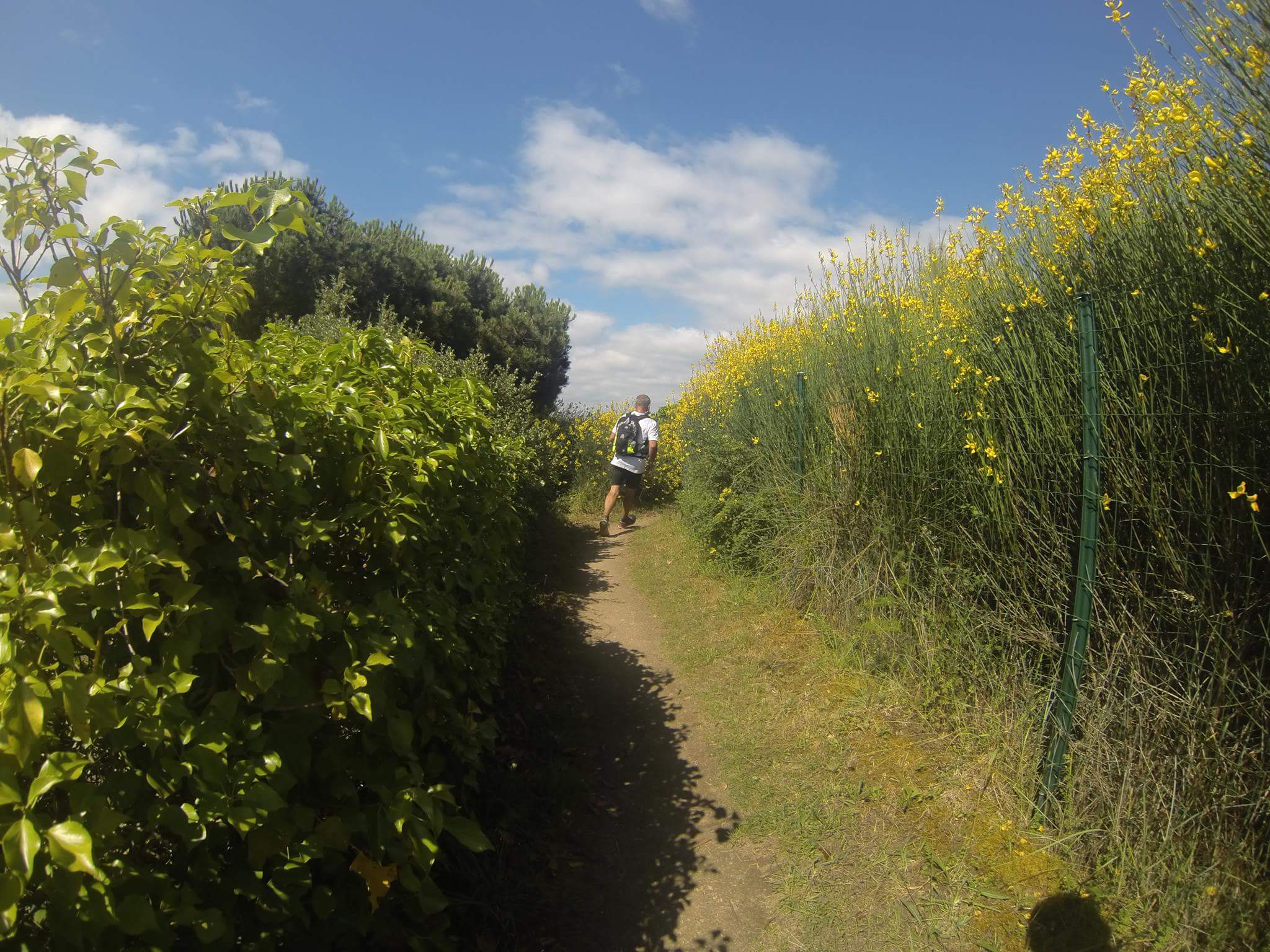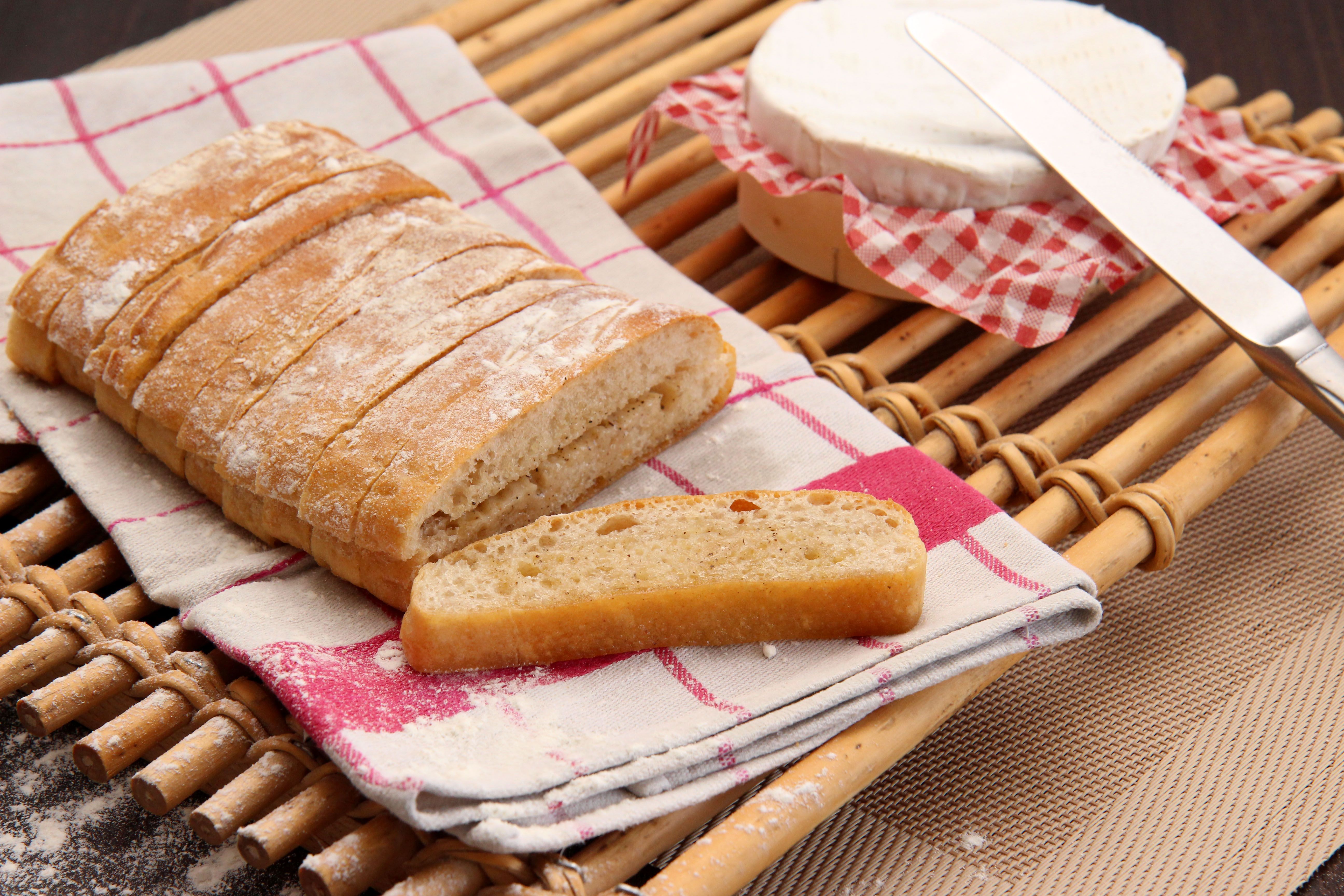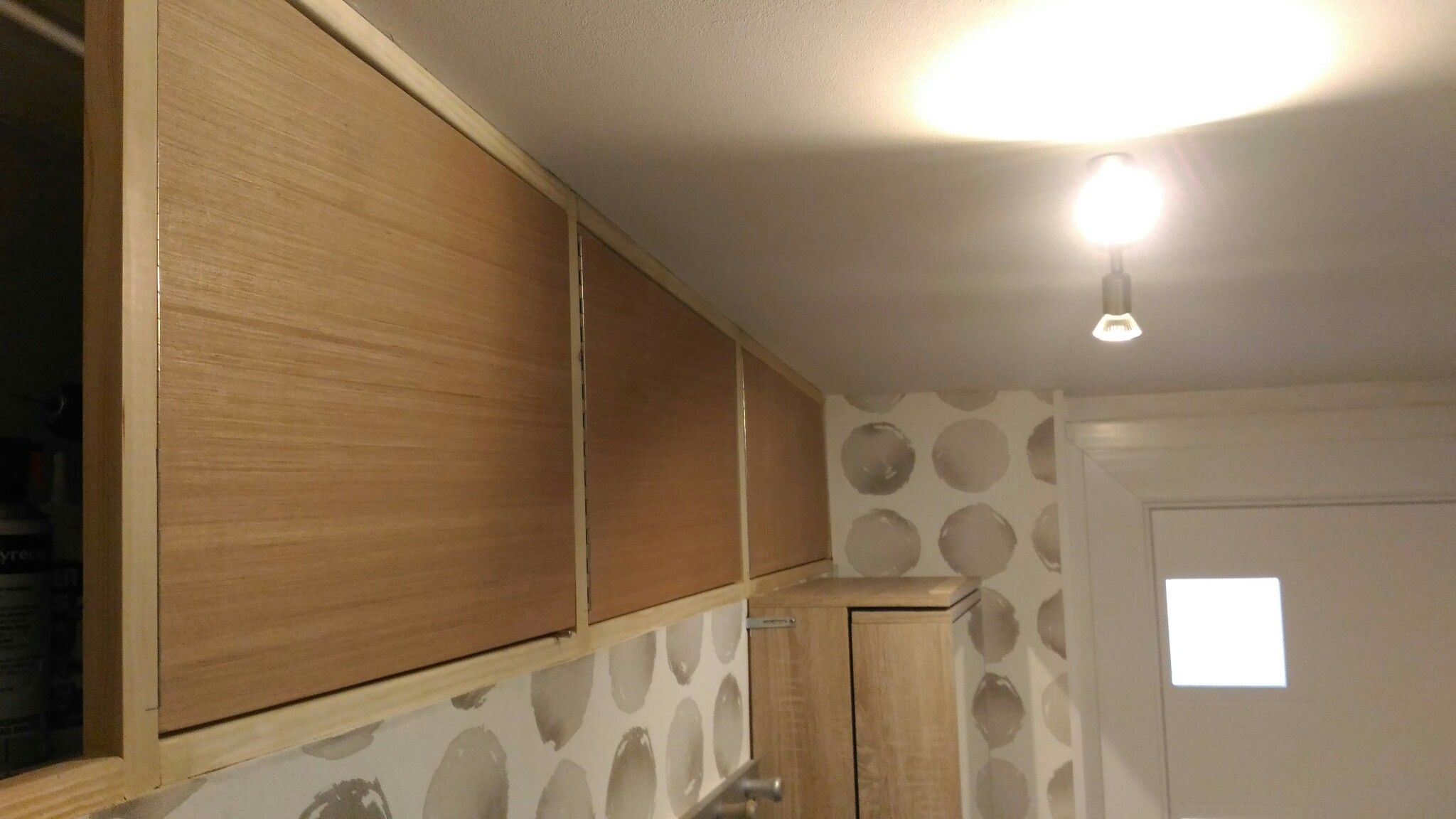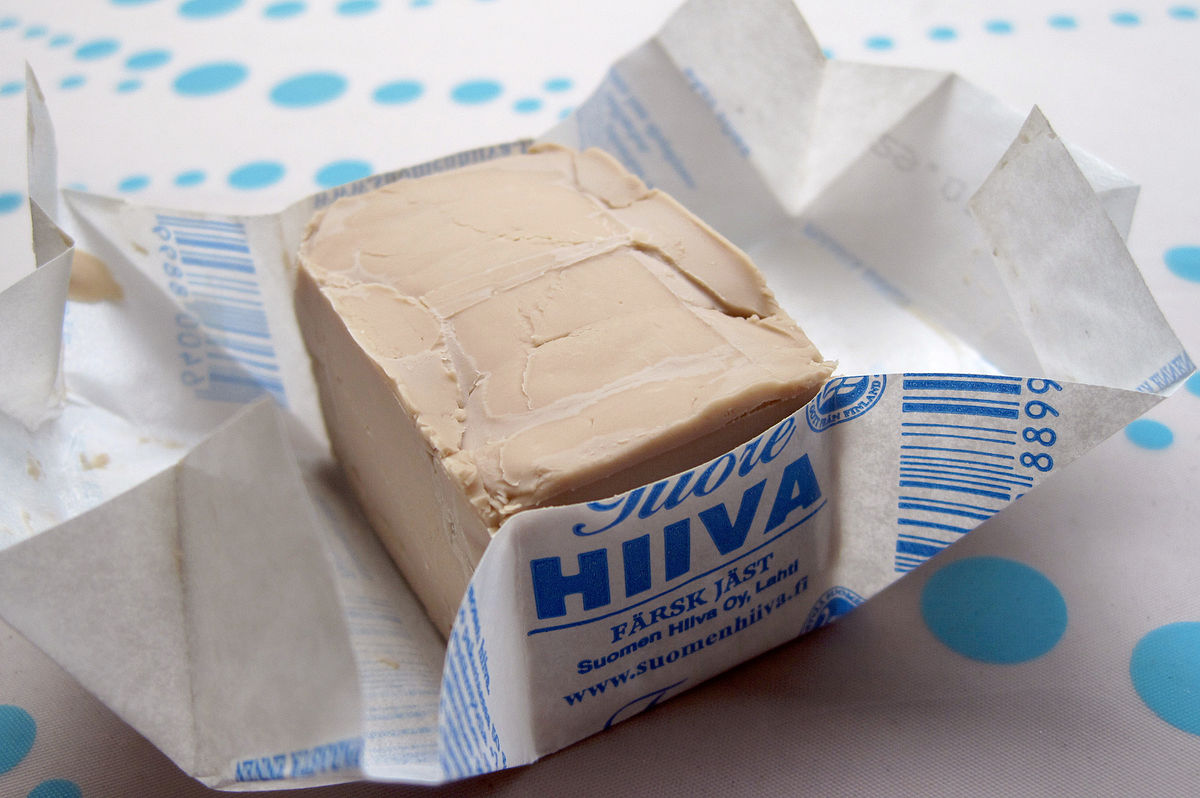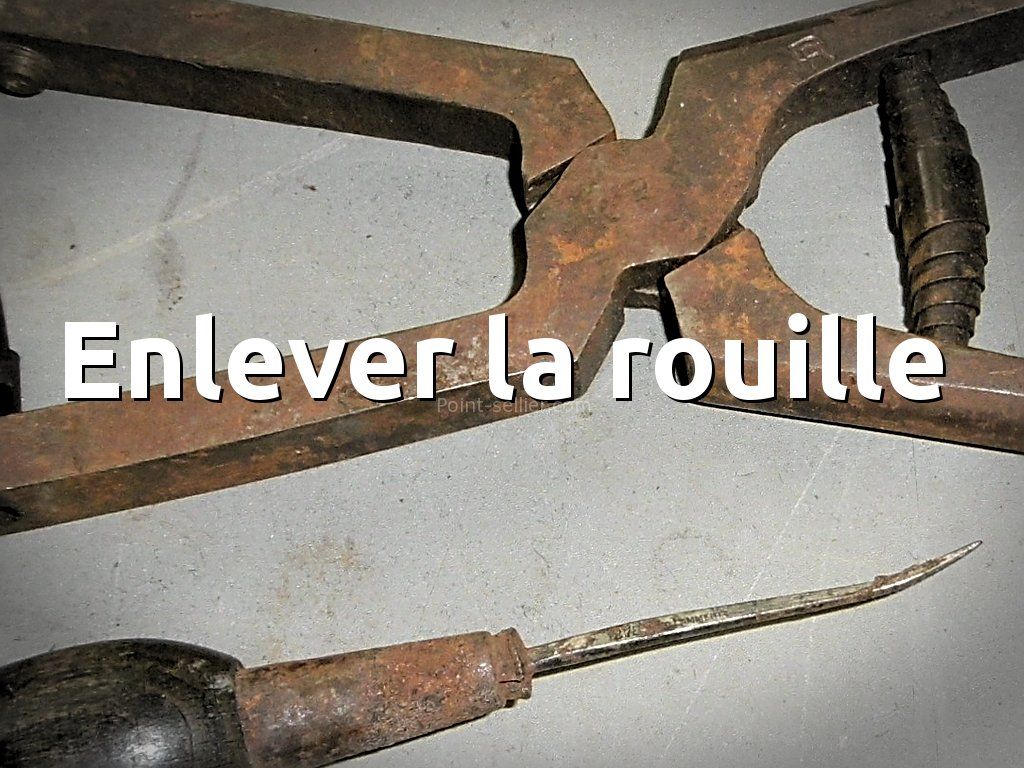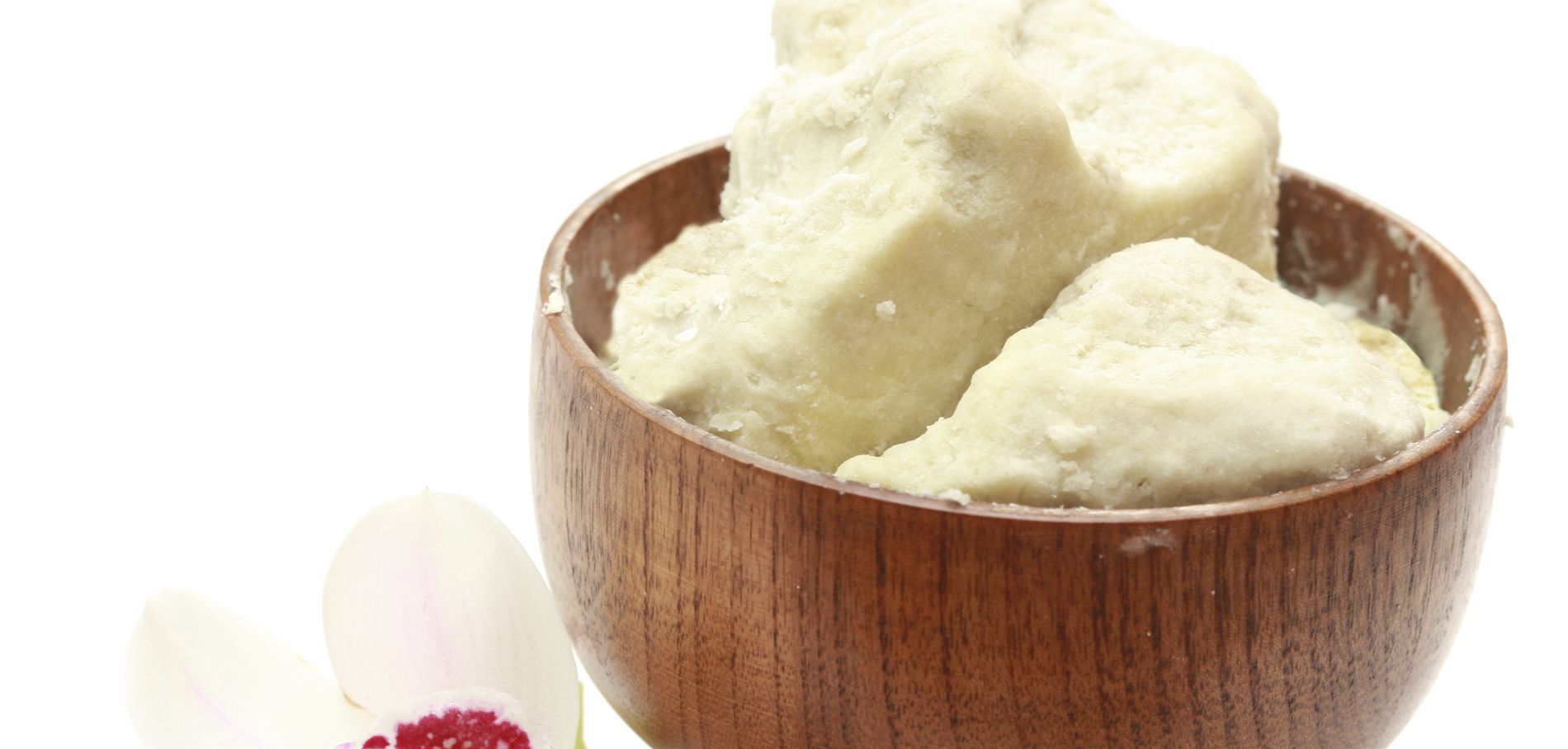16 Simple Tips To Reduce Plastic Waste.
Plastic is a real scourge on our planet.
Whether in your food, your hygiene products, your phone, your car, your computer: plastic has become ubiquitous.
Plastic waste pollutes our beaches, our waste reception centers, our rivers and our oceans.
By the way, most plastics are made from petroleum!

Fortunately, here are 16 simple things you can do to reduce your plastic waste right now:
1. In restaurants, refuse plastic straws

Do you really need a straw to sip your drink?
One of the easiest things you can do to reduce your plastic waste is to refuse the straws that come with cold drinks.
Tell the waiter or waitress that it is not necessary.
If you are a fan of restaurants with a drive-thru (McDrive type), straws are always included in the order.
So, don't forget to specify when you don't want it.
The alternative
If drinking without a straw seems really impossible to you, did you know that there are reusable straws (available in glass or steel)?
When a server sees that you have brought your own reusable straw, they will no longer offer you a plastic straw.
To buy it now, we recommend this reusable stainless steel straw.
2. Use reusable bags for shopping

Did you know that every minute 1 million plastic bags are used?
And do you know that it takes 1,000 years for a single plastic bag to degrade?
If you are already using reusable bags for your groceries, you are on the right track.
On the other hand, if you are still using plastic bags, it is really time to change your habits.
The alternative
The investment is minimal: by buying reusable bags, you help reduce plastic in waste reception centers.
But be careful: don't buy nylon or polyester bags. These synthetic materials are made from plastic!
Ideally, these are cotton bags.
To buy it now, we recommend this organic cotton bag.
3. Give up chewing gum

Did you know that when you chew gum, you also chew plastic?
Initially, chewing gum was made from chiclé - a natural gum extracted from a South American plant.
But scientists found that chewing gum could be made from synthetic gum: polyethylene and polyvinyl acetate.
Therefore, most chewing gum contains plastic!
But that's not all: Polyvinyl acetate is also made from vinyl acetate.
However, this chemical is known to cause tumors in laboratory rats.
While it is possible to recycle chewing gum, your best bet is really to forgo it altogether (not to mention the plastic packaging).
The alternative
Click here to discover our homemade chewing gum recipe.
4. Prefer cardboard packaging

When shopping for laundry or dishwasher detergent, choose products that have cardboard packaging rather than those sold in plastic bottles.
Why ? Because cardboard packaging is much easier to recycle than plastic packaging.
In addition, the possibilities of recycling cardboard into another product are much more numerous than those of plastic.
5. Buy your food in bulk
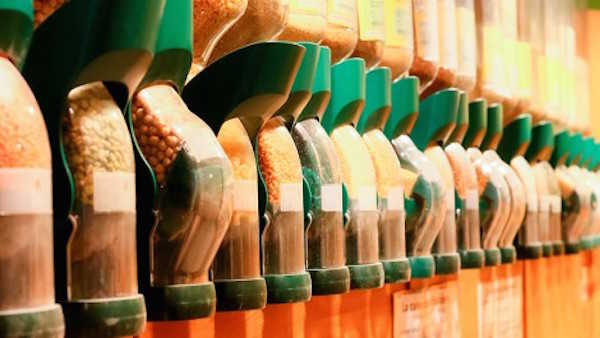
Nowadays, more and more supermarkets (like Biocoop) have a section where you can buy your food in bulk: rice, pasta, starches, nuts, cereals, muesli, etc.
However, do not use plastic bags to buy these foods! Instead, use the paper bags that are available to you.
And if you use your own bags, supermarkets deduct the weight of the container you put the bulk food in. You just have to talk to an employee before filling them out.
If you are using cotton bags, be aware that their weight is printed on the bag so the cashier can deduct it.
To discover : Buy in Bulk, A Virtuous Gesture For the Wallet (and the Planet).
6. Reuse jars and glass containers

When you can, choose glass containers instead of plastic ones.
These include products such as tomato sauce, compote, honey, etc.
In addition, you can reuse these jars as containers for your food, instead of recycling them.
For example, you can take them with you to the supermarket to buy food in bulk.
You can also use these jars to store your leftovers.
If you still buy food in plastic boxes, wash the boxes and keep them - they're great for storing your food.
7. Use reusable bottles

Did you know that each year bottled water produces 1.5 million tonnes of plastic waste?
To produce all these bottles, 177 million liters of oil are needed!
The alternative
Instead of contributing to this huge source of plastic waste, use reusable bottles that you can fill with tap water. We recommend this one.
In France, we are lucky to have very good quality tap water. So no reason to buy plastic water bottles!
For those who are not so lucky, you can buy a water filter like this. So your water is safe and you significantly reduce your carbon footprint.
Click here to read our article on water filters.
8. Bring your own container for take out

Do you often order take-out?
Or, do you often ask for leftovers from your meal to be put in a takeout box?
Why not use your own doggy-bag?
Here is another easy and ecological gesture that drastically reduces your plastic waste.
Try to have your own container handy (in your car or purse).
This way, you can ask the waiter to put your dish there, instead of using a plastic box.
Most restaurants do this without a problem.
9. Use matches instead of a lighter

When you need to light something (a candle, your gas stove, a campfire, etc.), use matches instead of disposable lighters.
Disposable lighters are inexpensive, but take years to break down (they've even been found in the stomachs of dead birds!).
The alternative
If you can't part with the lighter, use at least one metal lighter that you can refill - this cuts down on your plastic waste.
To buy it now, we recommend this refillable metal lighter.
10. Avoid buying frozen foods

Frozen foods come in handy, but they often come wrapped in plastic.
Certainly, frozen foods packaged in cartons seem to be more environmentally friendly.
But in reality, they are just as problematic.
Indeed, the box in which they are packaged is covered with a plastic film.
For many people, it can be difficult to stop buying these foods. But we must think of all the benefits of this "sacrifice" for the planet.
Along with the environmental benefits, you eat less processed food and avoid the chemicals in plastic packaging.
11. No longer use plastic cutlery

Say goodbye to plastic cutlery and plates.
No more forks, knives, spoons and even plastic chopsticks.
The alternative
It's easy: when you bring your bowl to work, don't forget to bring your own cutlery.
Likewise, if your favorite restaurant only offers plastic cutlery, consider bringing your own cutlery as well.
This is a great way to reduce the carbon footprint of your fork :-)
If you really need cutlery, the solution is to use biodegradable cutlery. We recommend those made from birch wood which are compostable.
12. Reuse fruit trays

Do you like fresh market produce?
I always fall for cherry tomatoes and berries (raspberries, blackberries, etc.).
But many of these fruits and vegetables are sold in plastic trays.
The alternative
Instead of throwing these trays away, take them with you to the market when you shop.
Like this, you can ask the merchant to reuse your tray.
Besides, you can also take them to your supermarket and ask for them to be reused.
13. Use cloth diapers

If you have a baby between 0 and 2 years old, it's important to think about their carbon footprint.
Indeed, did you know that the production of disposable diapers in France is 3 billion per year?
Every second, that's 95 diapers used on French babies.
In total, it is estimated that disposable diapers represent 351,000 tonnes of waste per year, or 40% of household waste in a household with a child between 0 and 2 years old.
The alternative
Fortunately, there is a much more environmentally friendly alternative: washable cotton diapers.
It's a small investment up front, but these layers save you a lot of money in the long run - and dramatically reduce your carbon footprint.
To buy it now, we recommend these washable diapers.
14. Don't buy fruit juice anymore

Stop buying fruit juice in plastic bottles.
The alternative
Instead, make your own juice at home, or just eat some fresh fruit.
It reduces your carbon footprint and is much better for your health.
Indeed, most fruit juices are produced from concentrate.
Therefore, they have fewer vitamins and antioxidants than homemade fruit juice or fresh fruit.
If you really need to buy fruit juice, choose a glass bottle rather than a plastic one.
Why ? Because glass is more easily recyclable than plastic.
15. Use homemade household products
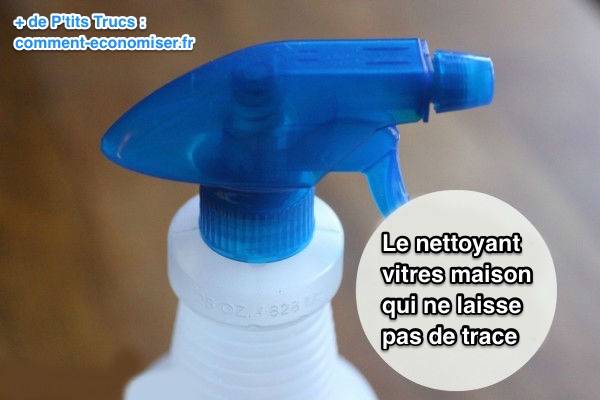
To clean, of course, you need household products.
But think about all those plastic bottles you buy in a year to do your cleaning: tile cleaner, window cleaner, toilet cleaner, dish soap, etc.
The alternative
With a few simple basic ingredients, you can use your own homemade cleansers.
Not only is it more environmentally friendly, it's also a lot cheaper for you.
Here are some of our easy homemade recipes (click on the link):
- Homemade multipurpose cleaner
- Homemade window washer
- Homemade floor cleaner
- Homemade toilet cleaner
16. Bring your plastic-free snack

Do you bring your lunch box to work?
Here is a tip for reducing your carbon footprint.
The alternative
Avoid using disposable plastic bags for your sandwiches.
Instead, put your sandwich in a reusable box, tea towel, or sandwich bag like this.
And, instead of buying fruit salads in plastic containers, just buy fresh fruit.
If you eat yogurt, choose the large jar size.
Like this, you can prepare smaller portions in reusable boxes (small jars, reusable boxes, etc.).
Good to know
Some manufacturers promote the fact that the plastics used for their packaging are recycled.
But the truth is more nuanced.
In fact, unfortunately, it is not possible to make a plastic bottle from another plastic bottle.
This is because it can simply be recycled into another form of plastic, which is called rigid plastic.
However, rigid plastic cannot be recycled!
So, it is better to pay attention to the "greenwashing" that multinationals know how to use to make us believe that their products are ecological!
Your turn...
Do you know any other simple steps you can take to reduce your plastic waste?
Share them with us in the comments. We can't wait to hear from you!
Do you like this trick ? Share it with your friends on Facebook.
Also to discover:
18 Creative Ways to Recycle Your Plastic Bottles.
How To Keep Plastic Bags From Supermarkets In The Trash.


